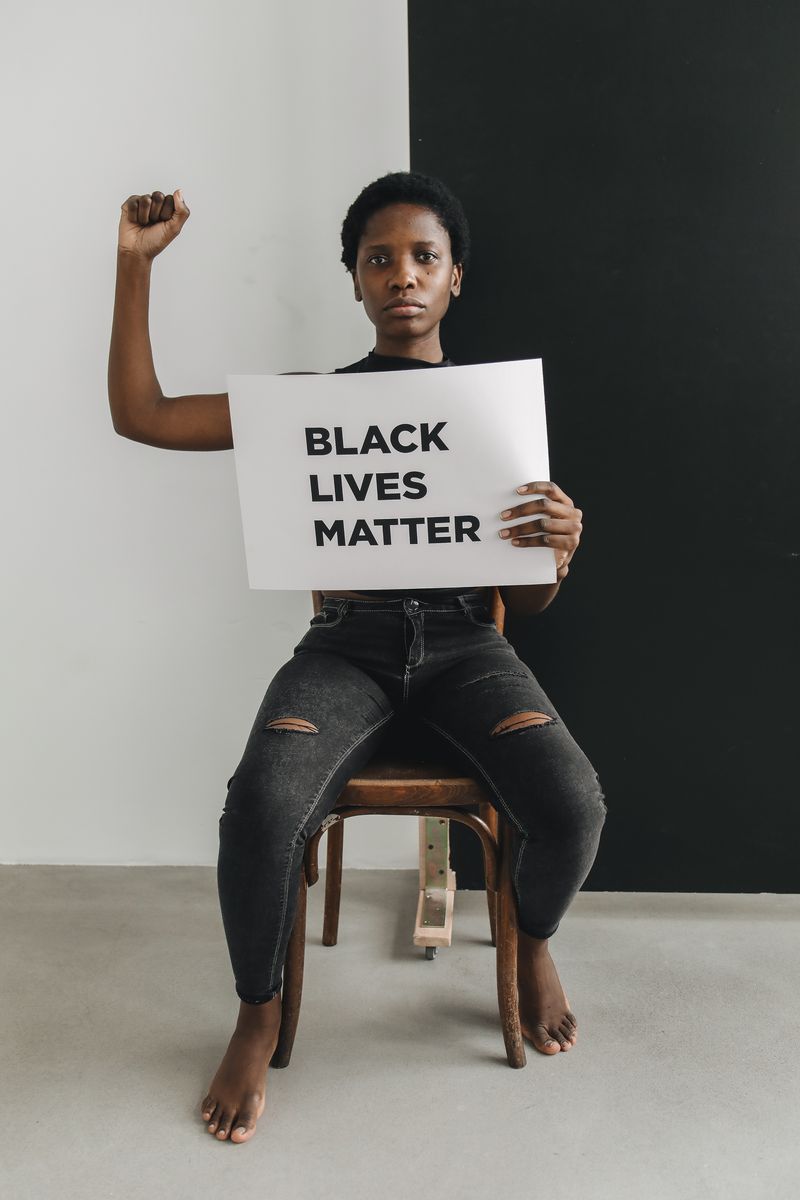Martin Brundle’s Cutting Remark to Cara Delevingne: A Reflection on Celebrity, Rejection, and the Role of Journalists at Sporting Events
The Incident at the British Grand Prix
The British Grand Prix is always a spectacle that brings together not only the world’s top racing drivers but also a host of celebrities. This year, one such celebrity, model Cara Delevingne, found herself in the spotlight for her interaction with Formula One legend Martin Brundle during his grid walk at Silverstone. Brundle, as he does on every race weekend, approaches drivers and stars for a quick chat before the start of the race. However, Delevingne flatly refused to speak to him, leading to a cutting remark from Brundle.
Brundle’s Reaction: Society’s Double Standards
As Martin Brundle approached Cara Delevingne, hoping for a quick interview, she dismissed him with a simple “No.” Brundle, clearly taken aback, responded by highlighting the expectation that everyone on the grid should speak. Nevertheless, Delevingne stood her ground, asserting that she could not hear anything and giving what appeared to be a sarcastic thumbs up to the camera as Brundle walked away.
Brundle’s reaction to the rejection raises interesting questions about society’s double standards when it comes to celebrity interactions. It is well-known that journalists and reporters often face the challenge of navigating the delicate balance between prying into the private lives of celebrities and gaining access to them for interviews. While it is essential for journalists to respect the boundaries of individuals, especially in public settings, it is also reasonable for them to expect that celebrities fulfill their obligations to engage with the media when attending events like the British Grand Prix.
The Role of Journalists in Sport
The incident between Brundle and Delevingne raises broader questions about the role of journalists in the world of sports. Martin Brundle and his fellow journalists are tasked with not only providing insightful analysis and commentary but also engaging with the personalities whose lives intersect with the sport. They play an integral part in bringing the stories and insights from the sporting world to the public.
While some may argue that celebrities should have the right to refuse interviews or interactions, it is worth considering the consequences of such behavior. Sports events are about more than just the competition itself; they are also an opportunity for fans to connect with their favorite athletes and celebrities, as well as for sponsors to promote their brands. The refusal to engage with journalists like Brundle limits the connection between the sporting world and its fans, potentially impacting the broader appeal and commercial viability of sports events.
Society’s Expectations and Lessons to Be Learned
The incident at the British Grand Prix should prompt a reflection on the expectations society places on celebrities. While it is true that individuals should have the right to privacy and control over their public image, it is essential to recognize the responsibilities that come with being in the public eye. Attending a high-profile sporting event like the British Grand Prix is not just about enjoying the race but also about being part of a broader community that includes journalists, fans, and sponsors.
The incident involving Cara Delevingne and Martin Brundle serves as a reminder that there is a delicate balance between respecting individual boundaries and fulfilling societal expectations. Celebrities have the power to inspire and connect with their audiences, and engaging with journalists is one way to achieve this. However, it is also crucial for journalists like Brundle to approach these interactions with sensitivity and respect, understanding that not every individual may be willing or able to engage in that particular moment.
An Editorial Perspective: Celebrity Behavior and Accountability
The incident between Martin Brundle and Cara Delevingne highlights the issue of celebrity entitlement and the need for accountability. While it is understandable that celebrities may have their reasons for refusing interviews, it is important for them to remember that they are part of a broader ecosystem that includes journalists, fans, and sponsors. By refusing to engage, they risk alienating those who support and promote their careers.
Furthermore, it is worth considering how the behavior of celebrities reflects on their sponsors and the brands they represent. Sponsors invest significant resources into sporting events, and their association with celebrities is sometimes contingent on the perceived alignment of values and conduct. Celebrities who consistently display disrespectful or entitled behavior may find themselves at odds with the expectations of their sponsors and jeopardize future partnerships.
In the case of Cara Delevingne, the incident at the British Grand Prix sparked backlash from fans who felt her behavior was rude and entitled. This highlights the importance of celebrities recognizing the impact their actions can have not only on their personal reputation but also on the broader perception of their character.
Advice for Future Sporting Events
Moving forward, it would be helpful for sporting event organizers and celebrities’ representatives to establish clear guidelines for interactions between celebrities and journalists. This would ensure that both parties understand their responsibilities and expectations before attending events. Celebrities should be aware that by participating in events, they are implicitly agreeing to engage with journalists and media professionals.
Additionally, journalists like Martin Brundle should navigate these interactions with professionalism and sensitivity, respecting individuals’ boundaries while ensuring that the broader goals of promoting the sport and engaging with the audience are met. By finding a balance between respecting privacy and fulfilling societal expectations, journalists can ensure that sporting events remain a vibrant and inclusive experience for all involved.
In conclusion, the incident between Martin Brundle and Cara Delevingne at the British Grand Prix serves as a reminder of the complex dynamics between celebrities, journalists, and the broader society. It prompts a reflection on society’s expectations of celebrities and the responsibilities that come with being in the public eye. Moving forward, it is crucial for both celebrities and journalists to approach these interactions with empathy, respect, and an understanding of the broader impact their actions can have.

<< photo by Polina Tankilevitch >>
The image is for illustrative purposes only and does not depict the actual situation.
You might want to read !
- “Unmasking the Clown: Analyzing Israel Adesanya’s Controversial Behavior at UFC”
- Tour Talk: A Deep Dive into Daniil Medvedev’s Fan Q&A Session
- Breakout Star Holger Rune Stuns Alejandro Davidovich Fokina in Epic Five-Set Battle
- Matteo Berrettini’s Stunning Wimbledon Journey: Basking in the Glory of Success
- The Rise of Daniil Medvedev: Overcoming Challenges to Reach the Top
- Jabeur Stuns Andreescu in Epic Three-Set Battle: A Triumph of Grit and Skill
- “Understanding the complications of Nigel Farage’s UK bank account dilemma”
- Meet The Wig Wizard: The Creative Mind Behind Dolly Parton’s Show-Stopping Hairpieces
- Mason Mount Set for Manchester United: The Chelsea to Manchester Transfer Agreement




